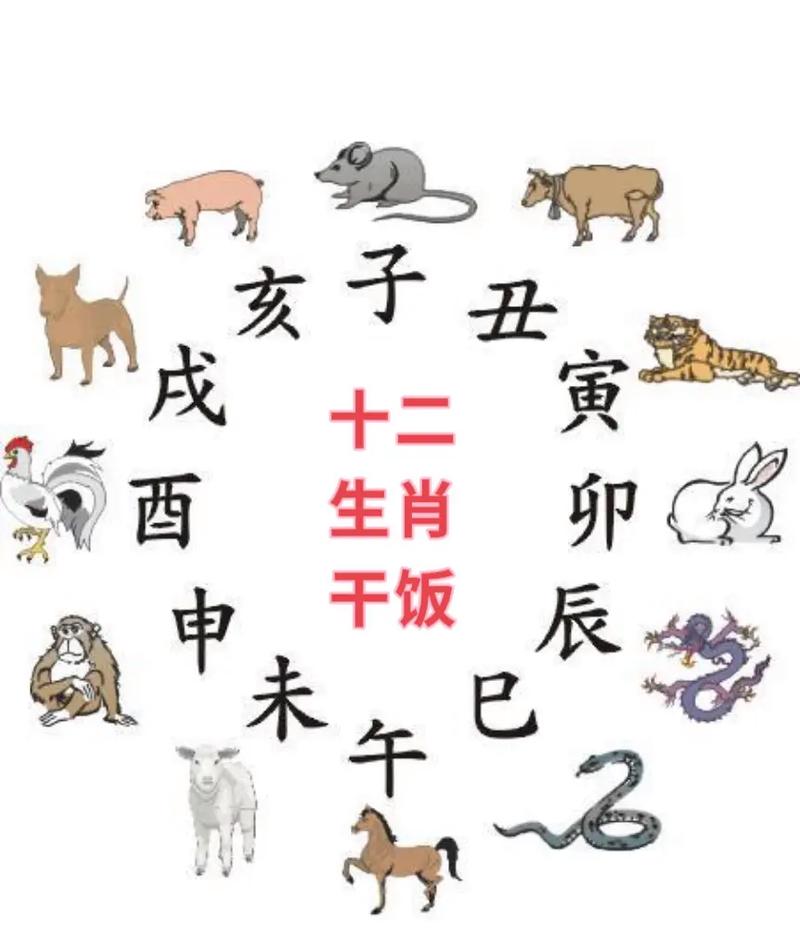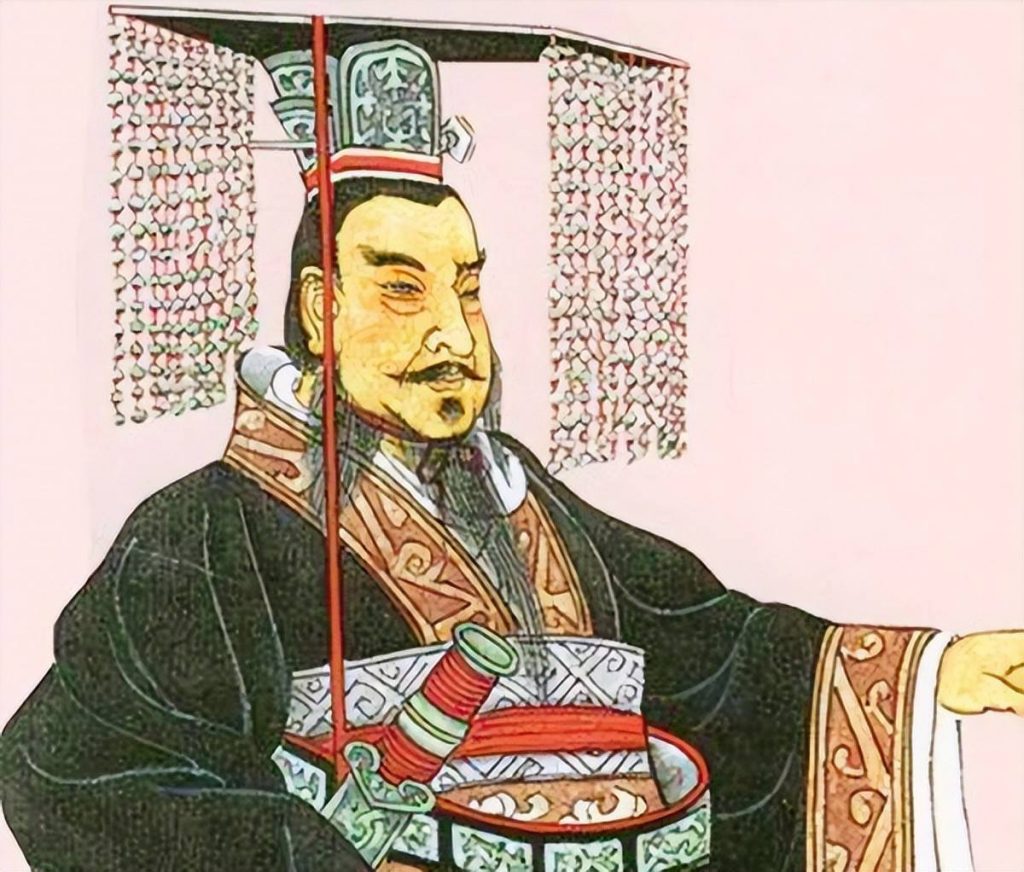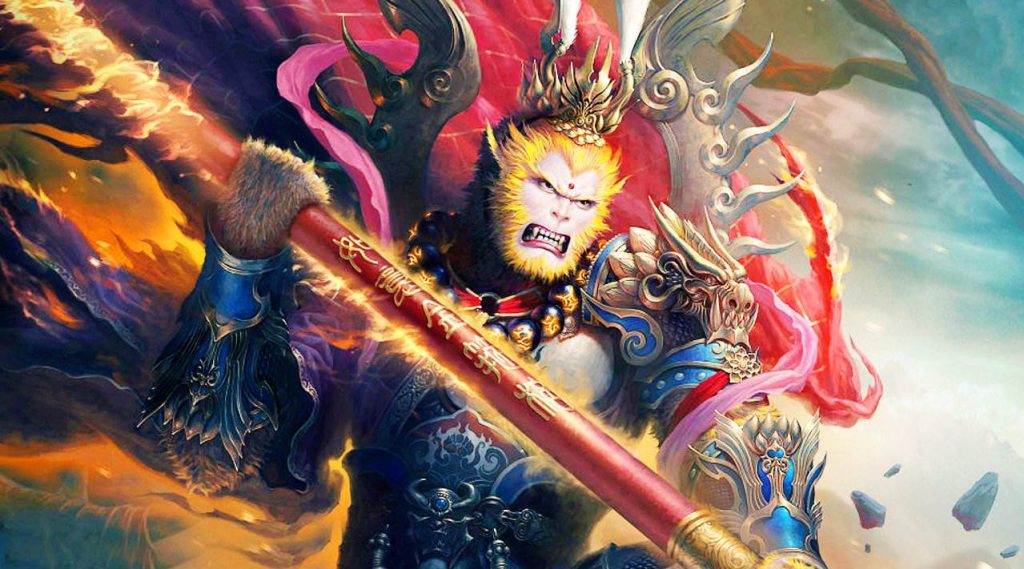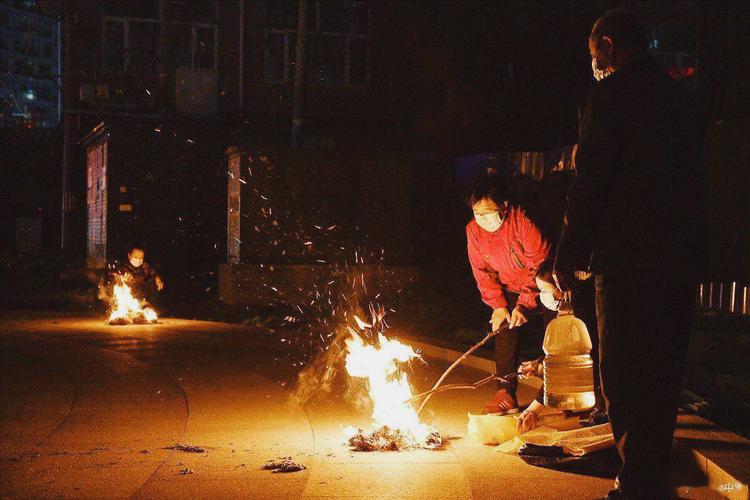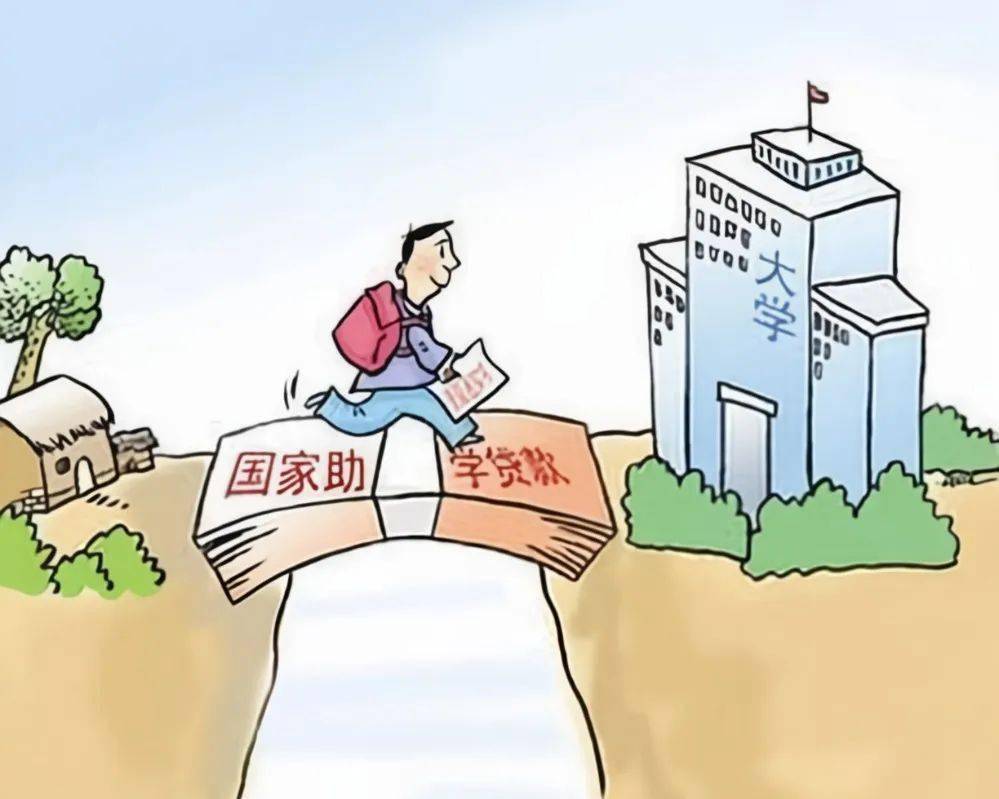
In the process of popularizing and deepening higher education, student loans, as an important funding policy, provide countless students from economically disadvantaged families with the opportunity to continue their studies. It not only alleviates the economic pressure of students, but also promotes educational equity and social progress. This article will elaborate on the application conditions, preferential policies and relevant policy adjustments of student loans during the epidemic.
- Application conditions for student loans
Student loans, especially national student loans and student loans from the place of origin, are an important funding method for students from economically disadvantaged families. Its application conditions mainly include the following aspects:
Identity and student status requirements:
Applicants must be full-time students in ordinary colleges and universities, including undergraduate students (including higher vocational students), graduate students and second bachelor’s degree students.
Applicants must have the nationality of the People’s Republic of China and hold a valid resident identity card of the People’s Republic of China.
Applicants must be formally admitted by full-time ordinary undergraduate colleges, higher vocational schools and higher technical colleges (including private colleges and independent colleges) approved by the state to establish and implement higher education, and obtain a true, legal and valid admission notice or student ID card.
Family financial situation:
Family financial difficulties are one of the basic conditions for applying for student loans. Applicants need to provide proof of family financial difficulties to prove that their family income is insufficient to support the basic expenses required to complete their studies during school (including tuition, accommodation and living expenses).
For student loans from the place of origin, the applicant and their co-borrower (usually parents or other guardians) must be registered in the same county (city, district), and the family’s financial situation must meet the requirements of the local funding center.
Personal qualities and academic performance:
Applicants must have full civil capacity (minors must obtain written consent from their legal guardians).
Applicants must be honest and trustworthy, abide by laws and regulations, and have no illegal or disciplinary violations.
Applicants must study hard, pass the exams, and be able to complete their studies normally.
Other conditions:
The applicant’s school must sign a bank-school cooperation agreement with the Bank of China or other financial institutions to ensure the smooth issuance and recovery of loan funds.
Applicants must be approved by their school and submit other relevant materials required by the bank and school.
- Preferential policies for student loans
In order to further reduce the financial burden of students from families with financial difficulties, the state and local governments have introduced a series of preferential policies for student loans, mainly including the following aspects:
Increase in loan amount:
Since the fall semester of 2021, the amount of national student loans has been adjusted. The annual loan amount for full-time ordinary undergraduate and junior college students (including second bachelor’s degrees, vocational students, and preparatory students) has been increased from no more than 8,000 yuan to no more than 12,000 yuan, and then further increased to no more than 16,000 yuan. The annual loan amount for full-time graduate students has been increased from no more than 12,000 yuan to no more than 16,000 yuan, and then increased to no more than 20,000 yuan.
Interest rate discount:
The interest rate of national student loans is implemented in accordance with the loan benchmark interest rate issued by the central bank during the same period, and it does not float. Borrowing students do not need to pay interest while in school, and start to pay interest after graduation. This policy effectively reduces the repayment pressure on students.
Extension of repayment period:
The maximum loan period of the student loan is determined by the remaining study time of the borrower plus 15 years, and the maximum period shall not exceed 22 years. This policy provides borrowers with a longer repayment period and reduces their repayment pressure.
Interest and principal deferral policy:
In order to further reduce the burden of college graduates from families with financial difficulties, the state has introduced a policy of deferring the repayment of student loan interest and principal. For example, for loan students who graduated in 2024 or earlier, the interest on the national student loan that should be repaid in 2024 will be exempted, and the principal can be deferred for one year. This policy effectively alleviates the economic pressure of graduates and helps them find employment smoothly.
Early repayment policy:
If the borrower is able to repay in advance, he or she can choose to repay the loan principal and interest in one lump sum. Early repayment helps reduce interest expenses and reduce the total repayment amount.



